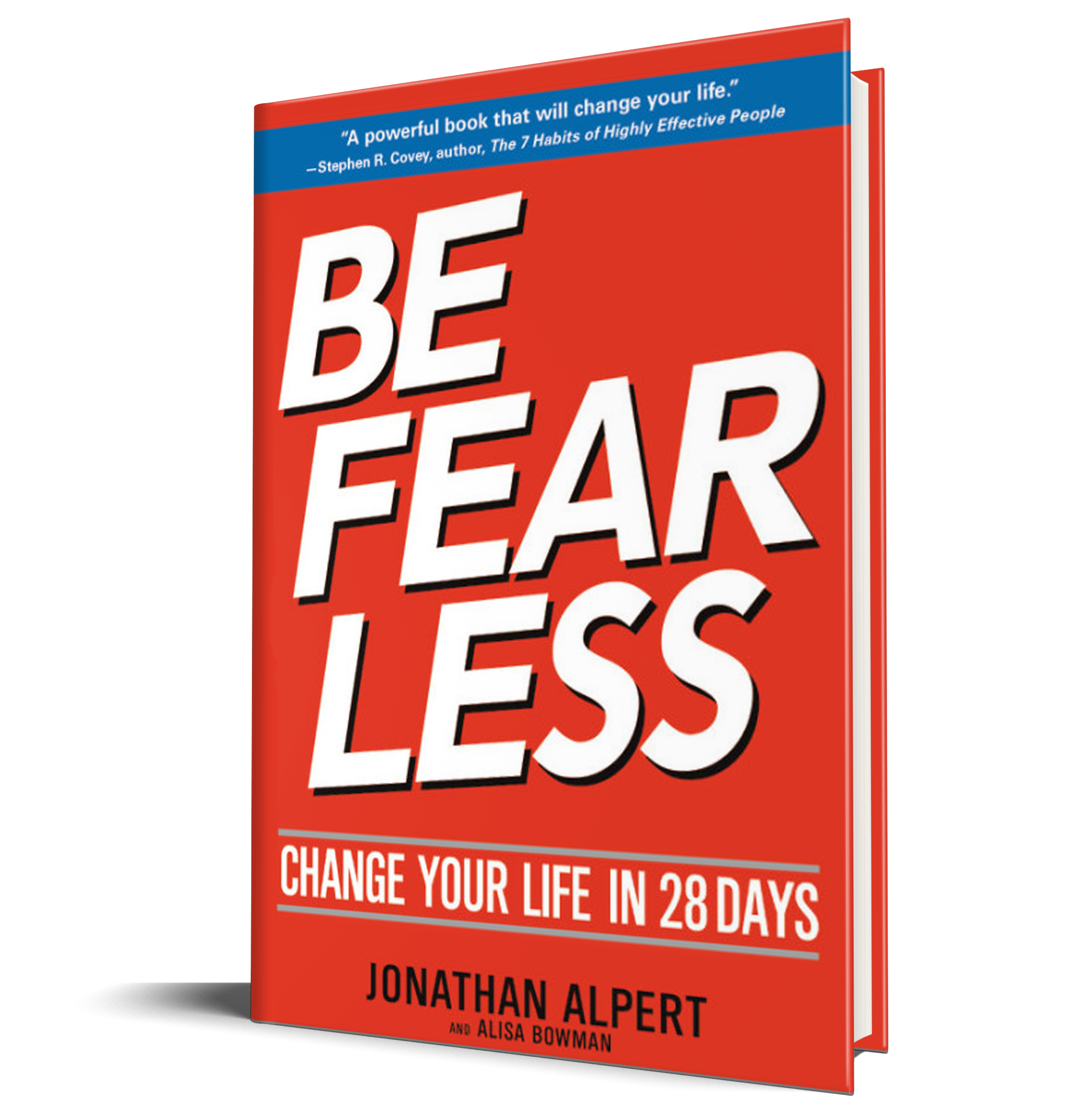In a year filled with anxiety and uncertainty for most people, work has been a mainstay for those who have been able to hold on to their employment during the pandemic. For many it has been a source of stability, but for others, it has led to burnout.
If you find that your work days drag on and on and you just can’t seem to motivate yourself to focus and get stuff done, you might be burnt out. Maybe you dread starting your work day, feel entirely unfulfilled, and are disillusioned by your job. You feel irritable, are impatient with colleagues or clients, and would rather be anywhere but at work. These symptoms, along with physical complaints such as headaches, stomachaches, and backaches, are the hallmark features of work burnout.
Clients of mine who get to this point feel cynical about their work and this often spills into life outside of their job, affecting relationships and their sleep. They might stay up at night worried about the day ahead, sleep poorly, and either skip meals because they’re upset, or do quite the opposite and eat too much as a way to deal with their emotions.
In order to prevent or eradicate this work stress, you must first understand how you got to this point.
Here’s what I typically see:
No control. The person feels they have no say over their schedule, work assignments, or workload. They also feel that they lack adequate resources to get their job done.
Unclear expectations. A person’s job description and title might be confusing or ambiguous. Does the job description say one thing yet you’re taking on entirely different or additional duties? One recent client told me how as a nurse she is doing administrative tasks 60% of the time because of changes in management, and clinical work only 40% of her time. Given that her true passion is in treating patients, this ultimately leads to burnout and dissatisfaction.
Poor work relationships. Perceiving that you don’t have a buddy or friend at work can make you feel alone, isolated, and even alienated from others.
Mis-matched values. Do you believe in your work or are you tasked with selling a product or service that you simply don’t believe in? For example, you’re a die-hard Apple user yet your job is to sell PCs. This can be a tough one and a person can fake passion and enthusiasm for only so long before it becomes aggravating and stressful.
Extremes in your schedule. Are you either super busy working, putting in overtime and barely have a minute to use the bathroom, or quite the opposite where days feel like an eternity, are tediously slow and you’d rather watch paint dry? This doesn’t allow a person to settle into a comfortable and stable work rhythm with moderate stimulation.
No work/life balance. Do you lack a life outside of work? No hobbies, interests, or social opportunities? This surely will put undo focus on work and lead to burnout, and of course not allow any outlets and friends to vent to about work.
This is what to do to negate work burnout:
Prioritize yourself over work. Work is important, and vital. I get it. But so are you. And if you don’t have your health, mental and physical, then you certainly won’t have your job. Know what your needs are and prioritize them. Think about who you are if not an executive, or lawyer, teacher, or any other type of employee. The most successful people I know are so much more than the thing that made them a professional success. They’re a friend, a son or daughter, a spouse, a mentor, a parent.
Change the way you think and take action. Rather than feeling that you’re held hostage by the company you despise or a boring career, know that you actually can make a change. Sometimes simply making a decision to update your resume and pushing it out can energize a person and make them feel they’re taking action to bring about change. By changing the way you think about work, you change the dynamic and relationship you have with it. If you see it as a means to an end, or as what you need to do while you explore other options, you’ll do much better than thinking it is endless and you’re at its mercy.
Talk to your supervisor. Rather than fearing and avoiding your supervisor, see him or her as an important person in helping to bring about positive change. Most supervisors that I know realize that a happy and content employee is a productive one. Approach your supervisor with that mindset and enlist his or her help in making work more desirable. There’s a good chance he or she may not even know that you’re unhappy, so speak up.
Have a life outside of work. Your workday is approximately one-third of your day. Maximize the time outside of work. Develop hobbies if you don’t have any; make and /or connect with friends; and incorporate relaxing activities into your life.
Take time off. Rather than accrue vacation time and let it sit, use it. Time away from work can help to provide a new and fresh perspective, allow you to recharge, and of course, expand your horizons beyond the confines of your work environment
or more tips on living a healthy stress free life check out my book Be Fearless: Change Your Life in 28 Days.









